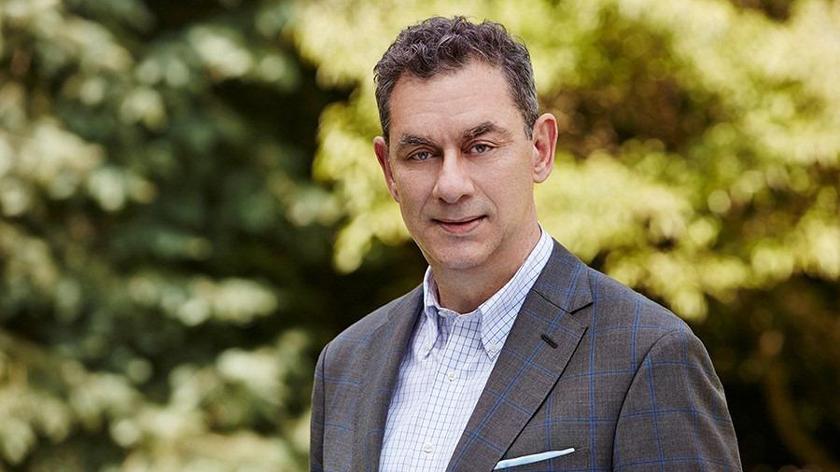After COVID excess, Pfizer bracing for a hangover in 2023

Albert Bourla
Pfizer reaped the rewards of its COVID-19 vaccines and therapeutics in 2022, but there are already signs of falling demand that looks likely to get significantly worse in 2023.
Sales of BioNTech-partnered COVID-19 vaccines and Pfizer's oral antiviral Paxlovid (nirmatrelvir/ritonavir) helped drive Pfizer's total revenues to a record $100 billion in 2022, but the company is expecting that top-line figure to fall sharply, to between $67 billion and $71 billion, in the current year.
COVID-19 vaccine sales will fall from $37.8 billion to $13.5 billion, while Paxlovid will decline from $18.9 billion to $8 billion, prompting chief executive Albert Bourla to call 2023 a "transition year", as COVID-19 products move from government-led purchasing to a more conventional commercial market.
Vaccination rates are falling because people are less likely to take up offers of government-funded shots, leading to a surplus in supply that will make 2023 a low watermark for the category ahead of an uplift towards the end of the year and into 2024.
Bourla told investors that Pfizer is expecting vaccination rates in 2024 to be around the same as this year, with increases in the following two years fuelled in part by the anticipated approval of its experimental COVID/flu combination shot.
One driver for Paxlovid, meanwhile, will be China, currently experiencing an uptick in coronavirus cases as a result of its belated relaxation of lockdown restrictions, with Bourla predicting sales of "millions of courses" to meet local demand.
In the US, President Joe Boden has already said he intends to call an end to the COVID-19 public health emergency on 11th May, and the question for Pfizer and other COVID-19 vaccine and therapy producers is how well demand will hold up in the private marketplace.
The falloff in pandemic sales has also returned investors' attention to Pfizer's ability to generate growth in other areas of its business, as big sellers like breast cancer therapy Ibrance (palbociclib) and Xeljanz (tofacitinib) started to show the effects of pricing pressure and more challenging market conditions.
The company introduced five new products last year and is targeting 14 more launches over the next 18 months, including its respiratory syncytial virus (RSV) vaccine for older adults, which is tipped to have big sales potential, but will likely have to face off with rivals from GSK, Moderna, and others.
Pfizer is also hoping to launch an mRNA flu vaccine, multiple myeloma therapy elranatamab, etrasimod for ulcerative colitis, and alopecia areata therapy ritlecitinib in the same timeframe.













